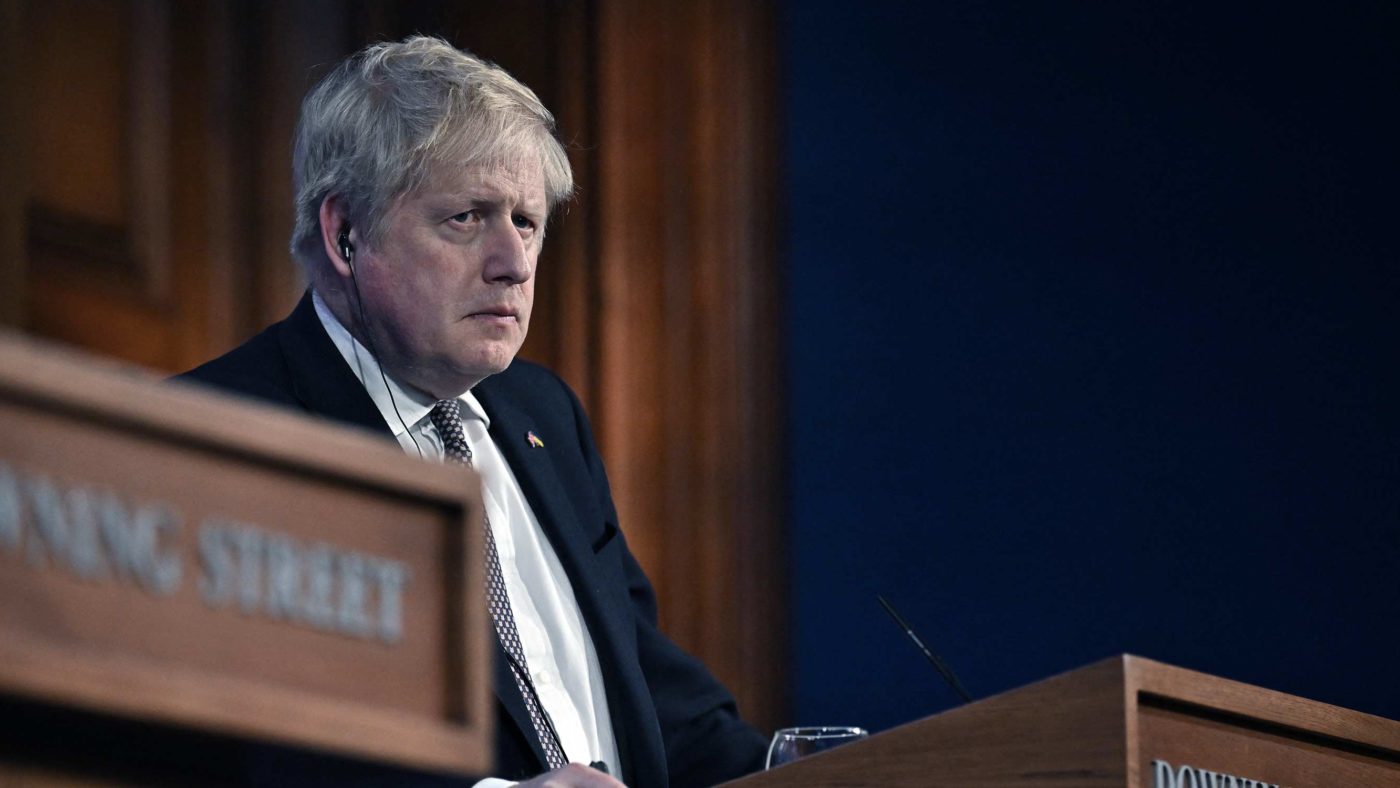The UK can certainly take great pride in the level of military equipment and humanitarian aid it has provided Ukraine in its fight against the Kremlin’s revanchist militarism, which is now facing widespread allegations of war crimes. Boris Johnson has established himself as Ukrainian president Volodymyr Zelensky’s leading international ally. In the context of the Russian invasion of Ukraine, the UK’s support for liberal democratic ideals and nation-state sovereignty is unparalleled.
However, serious issues persist when it comes to the health of democracy and public confidence here in the UK – something I flagged for CapX at the back end of last year.
2021 was the year trust in politics hit rock bottom in the UK and there are few signs of improvement. A new report from the Institute for Public Policy Research (IPPR), highlights a critical loss of public confidence in our democratic system responding to voters’ concerns. A paltry 6% of British voters believe their views are the main influences behind policy decisions made by government ministers. Asked how well they believed “politicians understood the lives of people like you”, 36% said “fairly badly” and 42% ‘very badly’. Only 1% of voters said ‘very well’ and 12% ‘fairly well’.
The survey responses also underline how much younger Brits see this country as a gerontocracy: Adults aged 18-24 years are least likely to say British democracy serves them well – with under one in five (19%) saying it operates well against 55% who say badly. By contrast the over-65s are most likely to say it is working for them – 46% say well against 47% badly.
Britain’s social contract across the generations is broken, and this is reflected by the fact that being in a younger age group is now one of the strongest predictors of democratic dissatisfaction. That’s little surprise when our economic settlement – especially when it comes to housing, tax and welfare – is rigged against the young.
Another arresting finding from the IPPR’s report is that many of the public see government policy as driven by special interest, rather than the needs of the wider public. Remarkably, one in four voters believe major donors to political parties have the most influence over shaping policy, followed by business groups and corporations (16%), newspapers and the media (13%) and lobbyists and pressure groups (12%).
It’s worth saying that survey results don’t always tally neatly with reality. The Tories may traditionally be the party of business, but this government has made a host of decisions that have done serious damage to commercial interests, especially during the pandemic. Not only did the Government effectively shut down entire sections of the British economy and tell millions of workers to stay at home, it has since announced plans to hike Corporation Tax from 19% to 25%.
The Prime Minister’s rhetoric about businesses being over-reliant on cheap foreign labour were also calibrated to appeal to a certain kind of voter, regardless of the blood it might boil in Britain’s board rooms. None of this is remotely surprising, given that the election-winning Tory coalition is decidedly more economically protectionist and anxious about the role of market forces.
Nonetheless, the fact that such large chunks of the British population believe their elected representatives are beholden to narrow sectoral interests is worrying on its own terms. A lack of confidence in democratic politics – especially among the young – presents fertile ground for radical, anti-democratic political forces. If you think that sounds far-fetched, just look at the first round of France’s presidential election.
There’s a foreign policy dimension here too. For while the UK has engaged in various forms of ‘democracy promotion’ abroad – including the failed decades-long ‘nation-building’ project in Afghanistan – it has not tackled the root causes of political discontent at home. That discontent in turn leaves us vulnerable to the propagandist activities of hostile nations such as Russia and China, whose raison d’etre is undermining Western-style liberal democracy.
All of which means the UK is very much at a crossroads. The Russia-Ukraine conflict has ushered in a welcome era of British-Eastern European relations based on shared pro-democracy sentiments and opposition to political authoritarianism – an integral part of the UK’s post-Brexit foreign-policy identity.
However, it is vital that we do not allow promoting democracy abroad to distract us from the problems here in the UK. A failure to act will only strengthen the hand of anti-democracy actors – both foreign and domestic.
Click here to subscribe to our daily briefing – the best pieces from CapX and across the web.
CapX depends on the generosity of its readers. If you value what we do, please consider making a donation.


